Burera: ECD Burera ADEPE for Enhancing Child Safety and Family Economy
Some parents whose children attend the Early Childhood Development (ECD) of Burera ADEPE ECD say they are grateful to have a safe place to leave their children and go to work. They say that this helps them working with peace of mind, which in turn improves their families’ well-being.
Nsengiyumva Jean Paul, a parent whose child is enrolled at the Burera ADEPE ECD center located in Cyanika Sector, Burera District, says he is very happy to have a place where he can leave his child while he goes to work.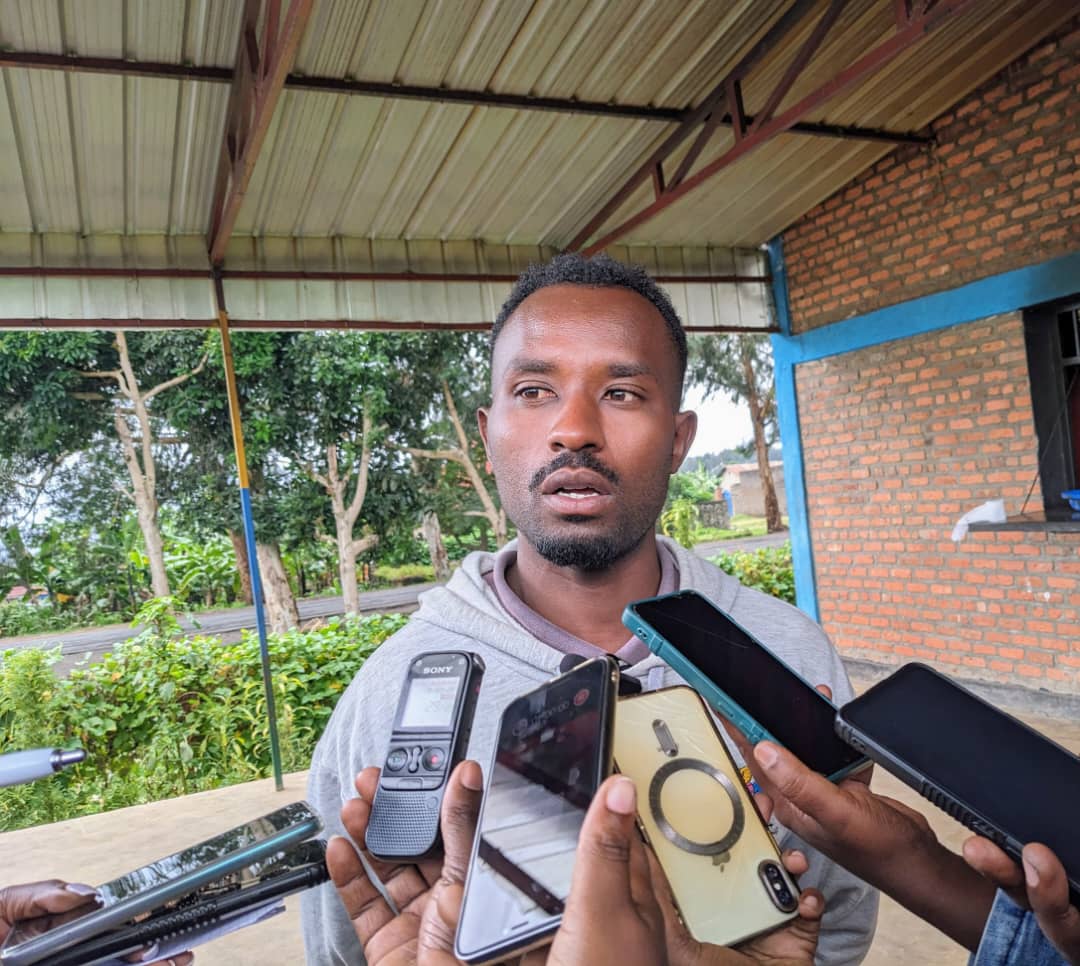
He says:“ This ECD center is very beneficial to parents like us. You bring your kids in the morning and leave them here while you go off to work. Then, you pick them up around 4 PM after your workday, which contributes to the development of the family.”
Nsengiyumva adds that beyond the safety provided by ECD, also stimulates children’s mental development.
“Bringing kids here helps them become more active and start speaking early because we enroll them while they’re still young. Sometimes they surprise you by using a new word they heard from their peers. My child couldn’t speak for the first came here, but now He can talk and even when He wants to use the toilet, He can undress Himself.”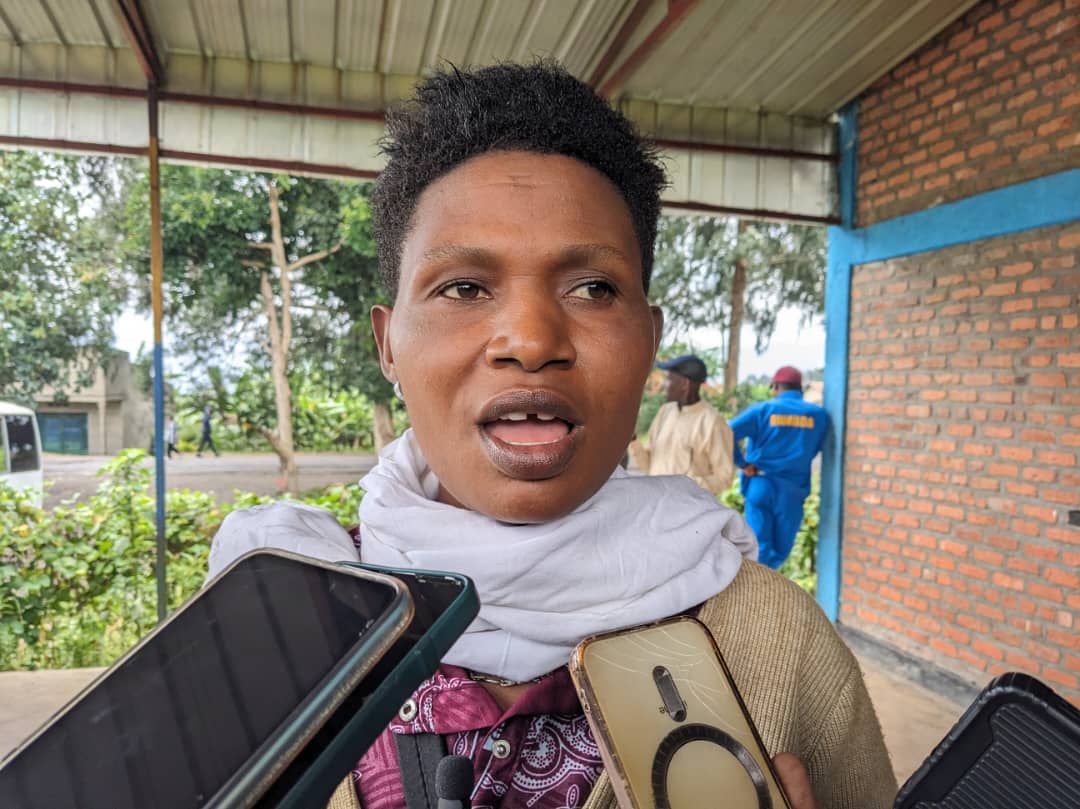
Hagenimana Clementine, another parent with a child in the same ECD center, agrees. She says the center is helpful to both parents and children because it ensures children are well cared for, which helps parents to work peacefully.
“I leave my child here and go to work with peace of mind because no child has ever been seriously injured here. Even when a child falls ill, you can bring them with their prescribed medication, and the staff will administer it at the appropriate time while you go to work. Without this center, I’d have to stay home and miss work.”
Maniragena Innocent, a caregiver at ECD Burera ADEPE, says they categorize children based on their ages and developmental stage since they’re not all the same age.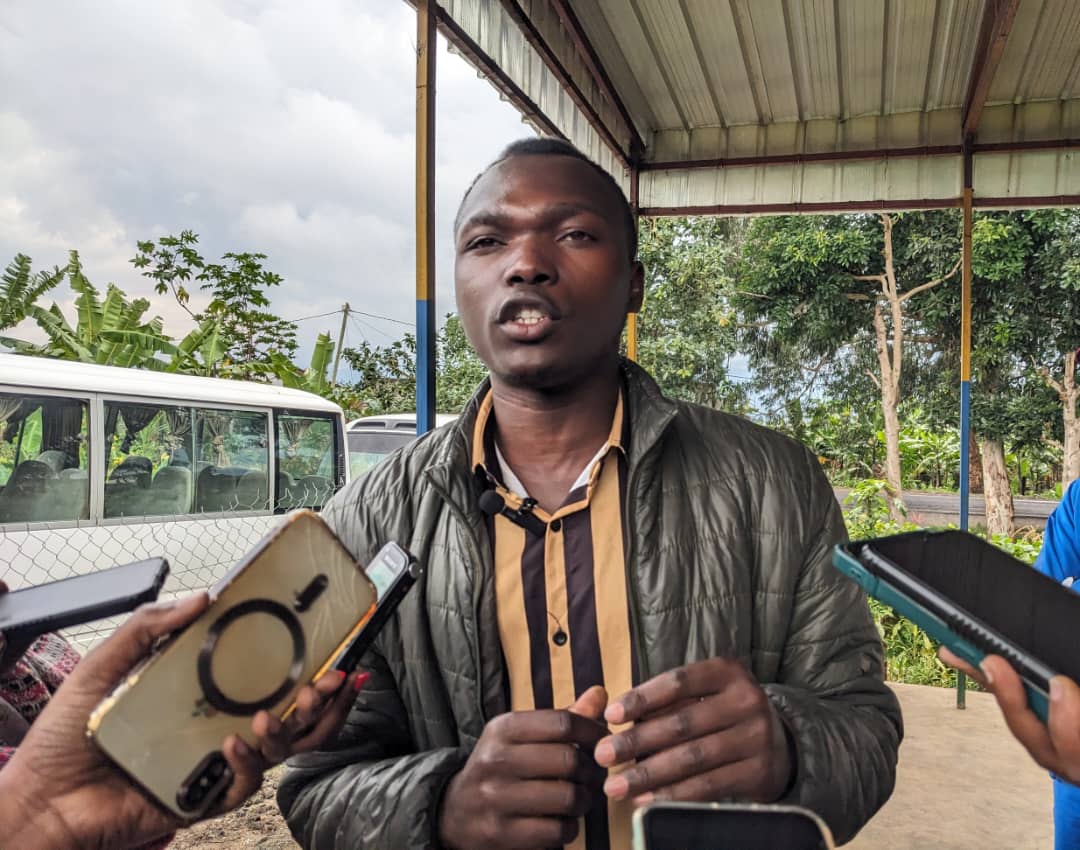
He explains:“ Many parents cross the border to Uganda for work, while others work locally. So they bring their children early in the morning, and we start accepting them from 7 AM. While waiting for others to arrive, we play music for them. Then at 8 AM, we group them into different rooms according to their developmental levels, and the day’s activities continue until 5 PM.”
Maniragena also notes that children who attend ECD centers grow up with a love for learning because their brains are stimulated early on.
Jean Paul Nyandwi, a specialist in childhood disability and special needs at the National Child Development Agency (NCDA), explains that ECD centers are not formal schools but rather places that prepare children for school.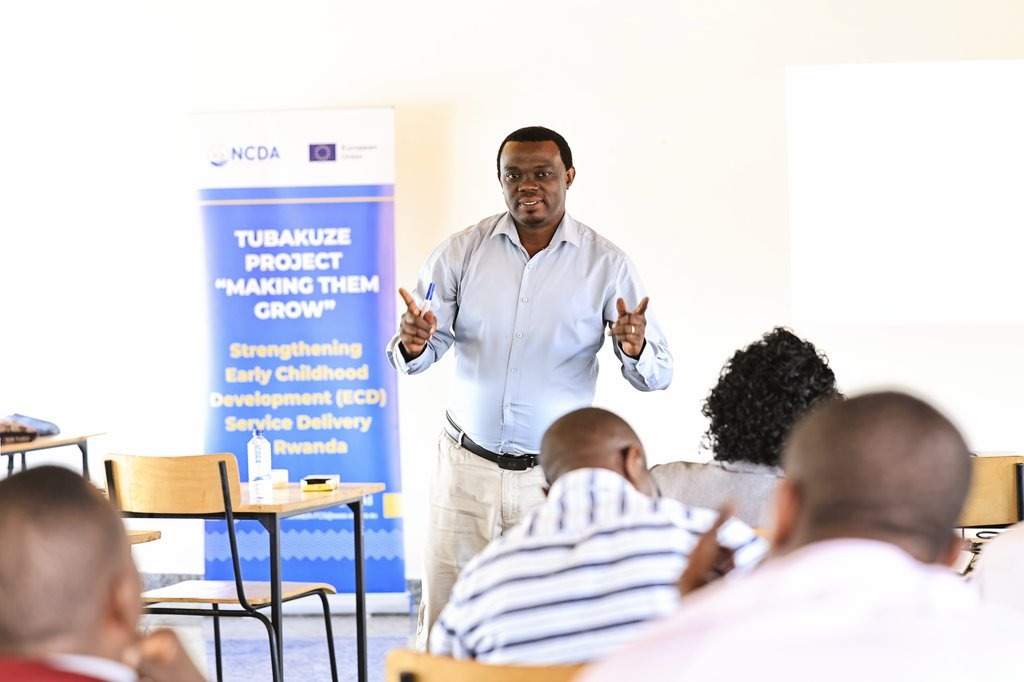
He says:“ An ECD center is not a school for academic learning. Instead, it helps to prepare a child to eventually enter school by stimulating brain development. That’s why you’ll find toys and songs tailored to their age at the center. It’s all part of building what we call ‘school readiness.’”
Munyemana Gilbert, Deputy Director General at NCDA, urges parents to monitor their children’s development closely in order to protect and support them.
He says:“ Every parent should take responsibility for their child’s development in all aspects and take pride in their child’s healthy growth.”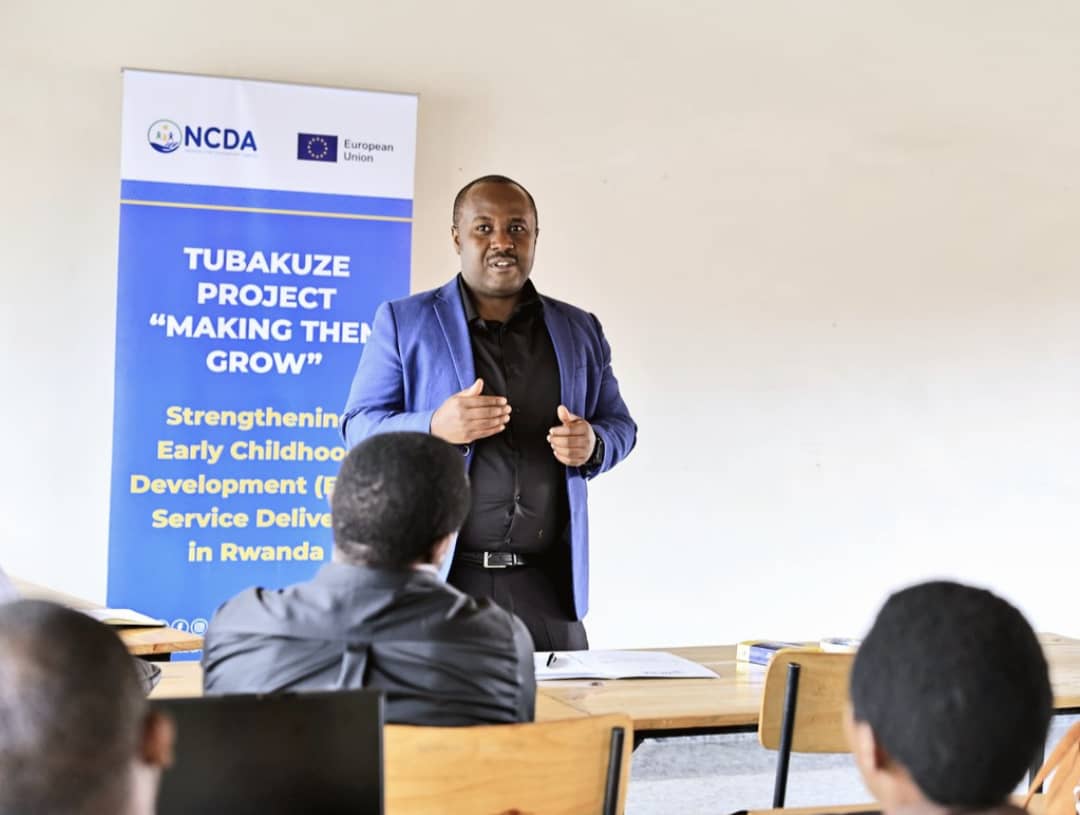
Today, ECD services in Rwanda reach over 78% of children, across more than 31,000 centers. However, around 22% of children are still unreached.
According to Law No. 71/2018 of August 30, 2018, regarding child protection, Article 3 defines a child as anyone under the age of 18.
Data from the National Institute of Statistics of Rwanda (NISR) from 2022 shows that there are over 5.8 million children in Rwanda, representing 44.5% of the total population. Among them, more than 2.4 million are under the age of 6, making up 41% of all children and 18% of the overall population.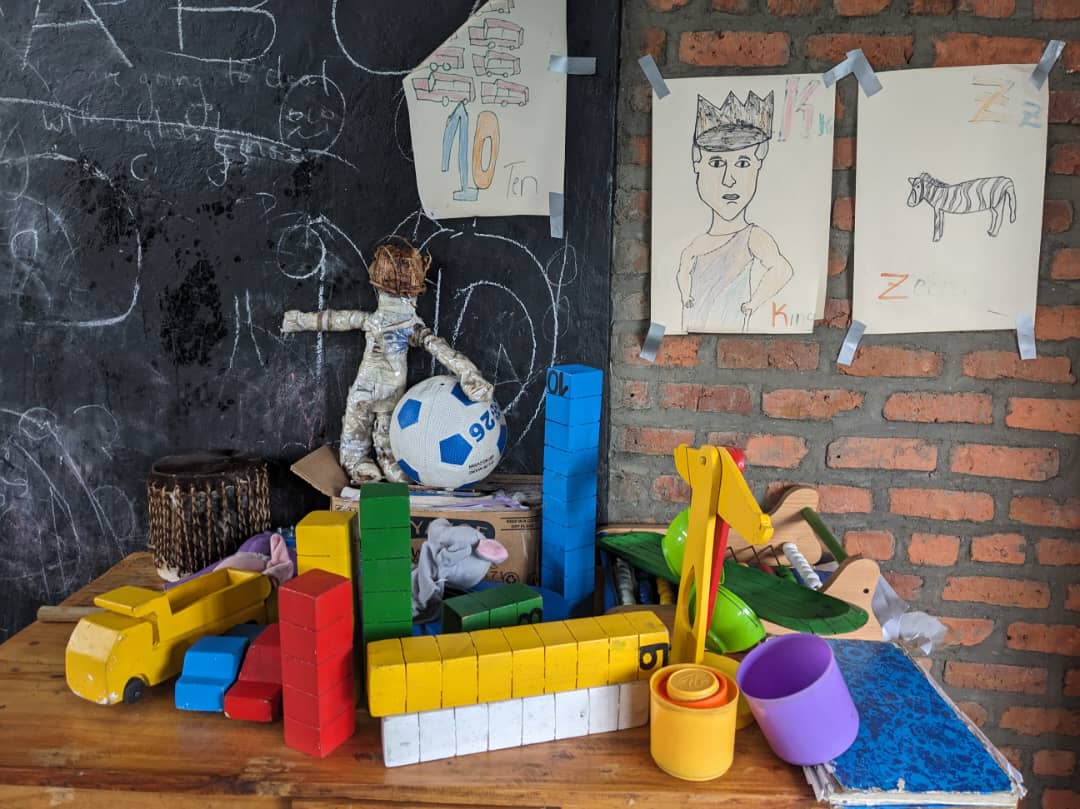
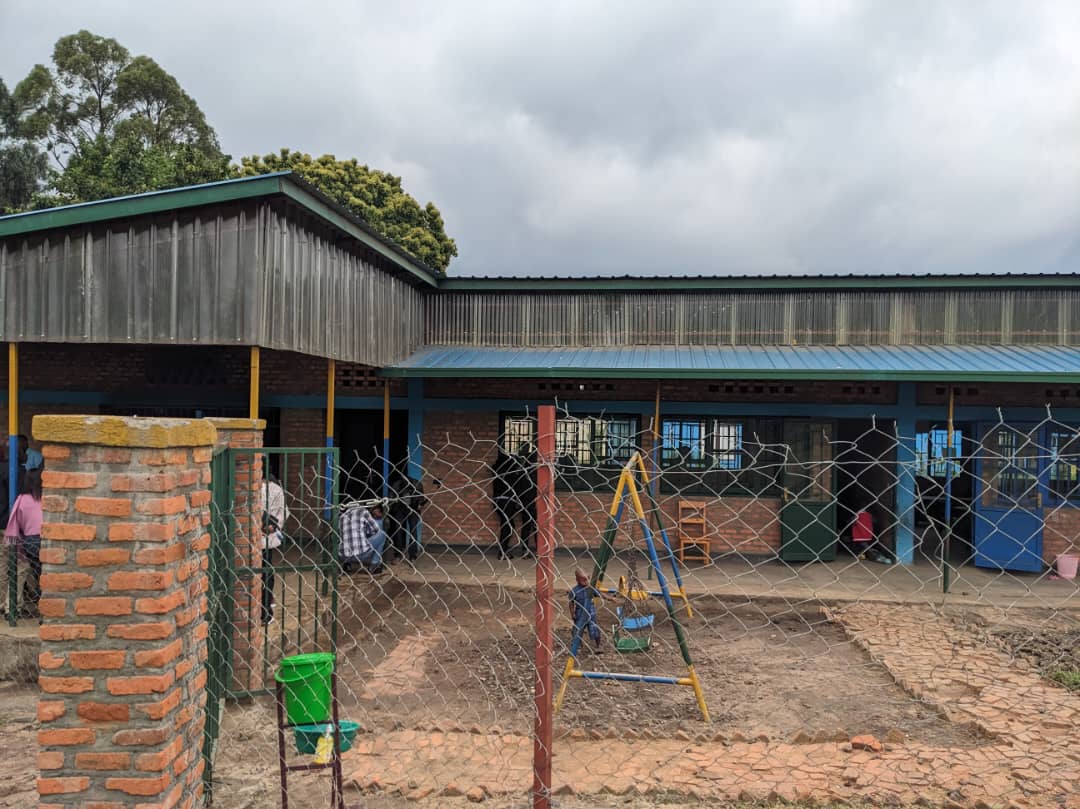
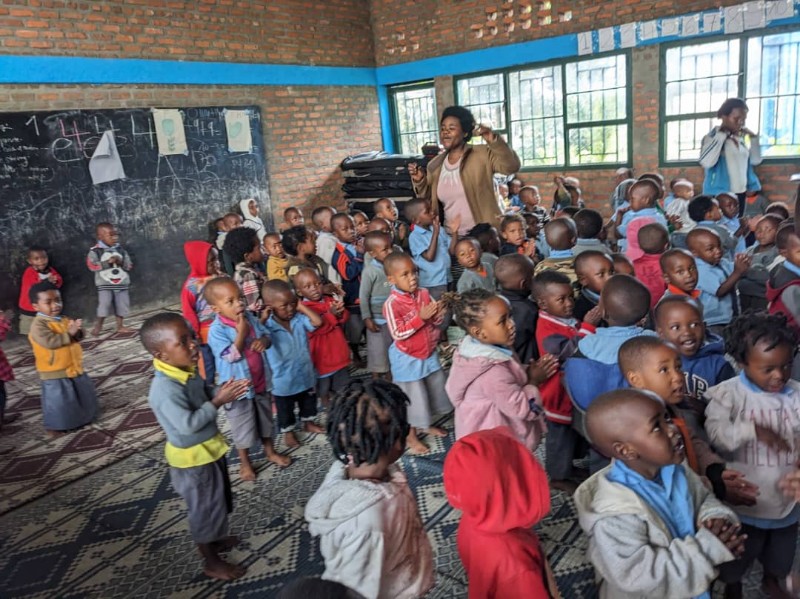
Aline Nyampinga

